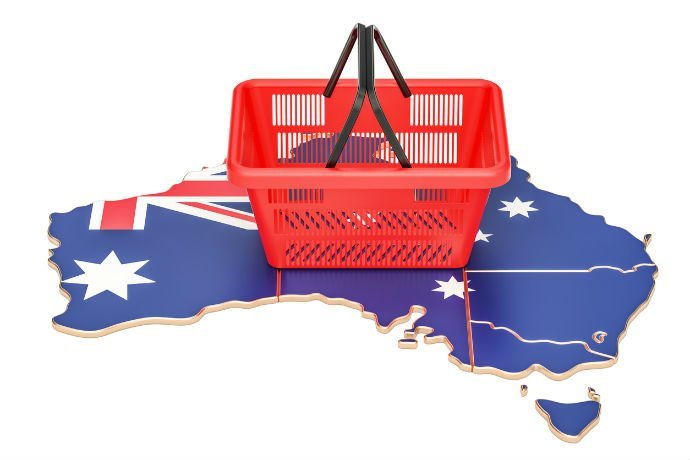The arrival of Amazon is much anticipated by consumers. Retailers are waiting with baited breath as this threatens to put pricing pressures on an already stretched retail market; good news if you are a consumer. However, the arrival of Amazon, will offer up exciting opportunities to independent retailers and brands, who will be able to sell their products through the Amazon marketplace, especially if they are savvy with their choice of AUD money transfer broker.
Following dreary sales figures in August, with an overall drop of 0.6%, Australian retailers are already nervous in the run up to Christmas. It seems that consumers have already started tightening their belts as higher energy prices, coupled with low wage growth, has hit the Aussie purse. Furthermore restructuring in the labor market with a change in wages paid on Sunday has also had an impact on spending patterns; as well as concerns over household debt levels and interest rate rises.
Australia’s fractured retail market makes it an attractive proposition for Amazon, and other global retailers, coupled with the fact that Aussies carry out a significant amount of shopping online. In addition to this, the new goods sales tax (GST) which is due to be applied to any overseas purchases at any value in July 2018, will make it more expensive for buying abroad. Read our recent article about GST.
Amazon began its foray into bricks and mortar in 2015, when it launched its first bookstore in Seattle, USA in 2015. Two years later and Amazon opens its tenth book store as well as the recent agreement to buy Wholefoods. More online retailers are realising the value of having both a physical site to compliment their vast online presence, in a year when Boden (a British online catalogue company) opens a new store in an upmarket location in London, on the King’s Road in Chelsea. Having a physical store serves as a tool to help to keep the branding ever present and front of mind.
This year, Chinese online discount platform, VIP.com, has launched in country. Australian retailers are familiar with the platform, having already set up via their online marketplace to sell into China. It is a popular channel that offers branded goods at discounted prices. Having launched in 2008 it has experienced rapid growth. In addition, Kaufland and Decathlon, two brands which draw similarities to Aldi, are opening physical stores in Australia, while H&M and Zara, two Australian retail success stories, continue their physical store expansion plans.
Many global retailers are keeping a close eye on Australia and the opportunities that exist. Black Friday came and went; but despite rumblings; Amazon hopefuls quit hitting the refresh button; as they still could not access the online platform on the biggest shopping event of the annual sales calendar. There may be small respite and a sigh of relief from retailers as a Amazon has put its antipodean entrance on hold for another six months yet, so Christmas sales look safe for now; but 2018 looks set to be a challenging time with increased price competition.
If you are selling or buying products abroad, take a look at our international currency comparison quote tool which contains details of the most cost-effective money transfer companies globally, which can help save your costs associated with overseas stock buying and navigating exchange rate fluctuations, or dealing with sales and currency transactions with consumers in other countries. You can save money by using a money transfer provider, rather than putting all of these transactions through your bank.
More on Australian money transfer news









